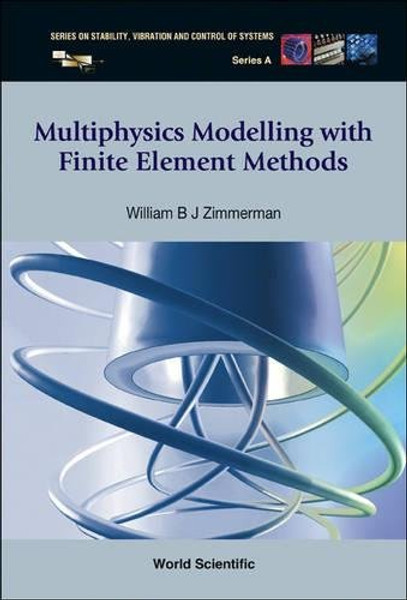Product Overview
Finite element methods for approximating partial differential equations that arise in science and engineering analysis find widespread application. Numerical analysis tools make the solutions of coupled physics, mechanics, chemistry, and even biology accessible to the novice modeler. Nevertheless, modelers must be aware of the limitations and difficulties in developing numerical models that faithfully represent the system they are modeling.This textbook introduces the intellectual framework for modeling with Comsol Multiphysics, a package which has unique features in representing multiply linked domains with complex geometry, highly coupled and nonlinear equation systems, and arbitrarily complicated boundary, auxiliary, and initial conditions. But with this modeling power comes great opportunities and great perils.Progressively, in the first part of the book the novice modeler develops an understanding of how to build up complicated models piecemeal and test them modularly. The second part of the book introduces advanced analysis techniques. The final part of the book deals with case studies in a broad range of application areas including nonlinear pattern formation, thin film dynamics and heterogeneous catalysis, composite and effective media for heat, mass, conductivity, and dispersion, population balances, tomography, multiphase flow, electrokinetic, microfluidic networks, plasma dynamics, and corrosion chemistry.As a revision of Process Modeling and Simulation with Finite Element Methods, this book uses the very latest features of Comsol Multiphysics. There are new case studies on multiphase flow with phase change, plasma dynamics, electromagnetohydrodynamics, microfluidic mixing, and corrosion. In addition, major improvements to the level set method for multiphase flow to ensure phase conservation is introduced.








